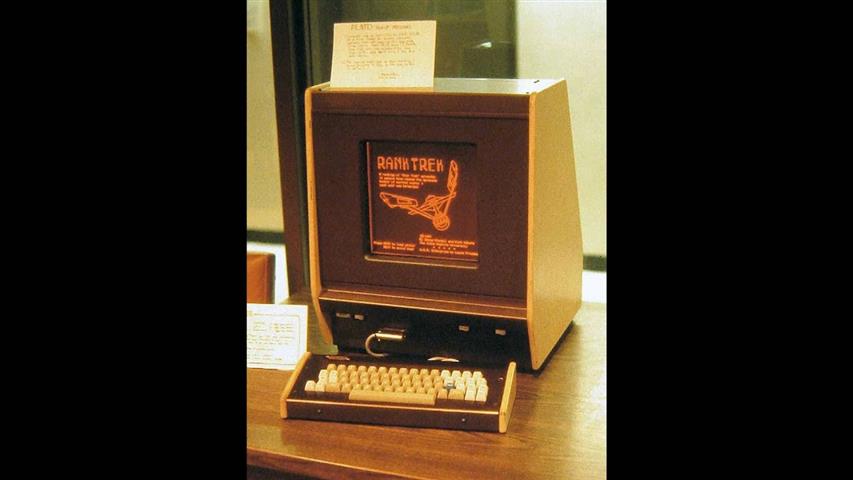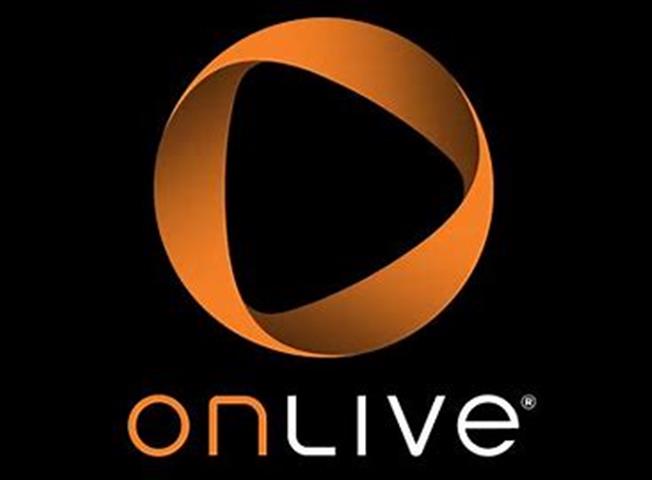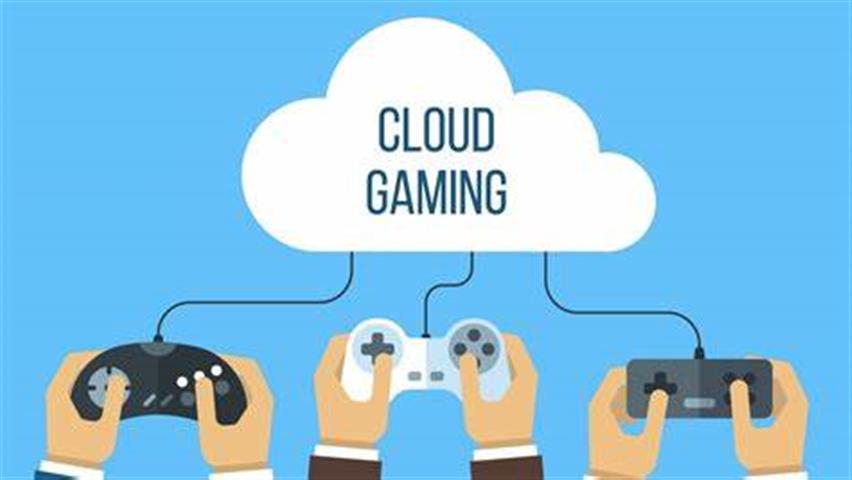

Back in the later 1970s I was using a service called Plato. This was a large server system out of the University of Illinois with dumb terminals on various campuses in the US as well as some on the other side of the world. While the system was designed for educational and research material sharing, it had an active and vibrant gaming community ranging from flight simulations to playing Dungeons and Dragons. All of this was done with the servers actually running the game and the terminals being just an interface, much like cloud gaming today.
Over the years the computer world moved from server side based computers to client side based. This means the programs you used were run on the local machines, and servers gravitated towards data storage for the gamer. We started playing games on our personal PCs’ and the need for heavy infrastructure to support a server side solution vanished.
With the onset of faster connectivity via the internet, the idea of server side gaming reappeared.. Around 2005 Cryotek had a brief dalliance with the idea of “cloud” gaming but abandoned the idea as they realized the internet at the time did not provide the needed infrastructure for enough people to make the idea feasible.
In 2009 Onlive came on the scene offering a small library of games. For a set fee you had access to the library and could play the games in question with minimal hardware on your end. I was able to take part in the pre-launch of the service and used the service for about a month (was given an account) before I stopped. While the service did as advertised, it was plagued with issues ranging from lag disrupting game play to many people just not having enough broadband availability to properly make use of the service.
We have recently seen a resurgence of interest in this type of gaming service and while I think the “idea” of a server side gaming service has merit, it also has massive hurdles to overcome.
DATA CAPS: Many of the current ISP plans include a data cap on the usage. Under normal gaming usage the data cap only becomes an issue if you need to install a bunch of new games. However, with streaming there is a constant higher draw as the high-resolution gaming images must be streamed to your PC. This may not be a big deal if your home has a single PC, but multiple gaming PCs and others streaming videos, could create an issue where data cap limits could come into play.
LAG: This is a killer of gaming as we know it now, but can be a bigger downer for the idea of Cloud Gaming. Right now, lag creates frustration in online games, you know that ugly rubber banding in a co-op or PVP game. Now imagine that hitting you in a solo play game. A game with no options for co-op or PVP and yet the demon that is lag can mar or even ruin your gaming experience.
LATENCY: This is a buzz word in talking about monitors, the time it takes for an action you take in game to appear on the screen. This is with the game directly connected to the monitor and people still worry about it. Now imagine where the input is transmitted to a server a thousand miles away and then the image and response must be transmitted back a thousand miles once it is registered.
DISPLAYS (Refresh): Hardcore games have pretty much all made the move to high refresh rate monitors. This means a lot more video data is passed between the display and the computer as the frame rates are pushed up. The idea of Cloud Gaming is to focus on 60 FPS, so the higher refresh rate will not be happening as the cloud system will lock in a rate. Now some have considered a more open rate but consider the impact that will have on the issues of DATA CAPS mentioned above and on the effect LAG might have in your internet connection.
RELIABILITY: Right now, with the current gaming system, if your internet has an issue, be it slower speeds or out right outage, there are a lot of games you can still play. Because no ISP is perfect and issues occur, I always keep two or three “offline” games on my system. ISP issues happen and while most are resolved in an hour or so there is always the chance of a day or two of issues being a real thing. Your gaming experience is, with Cloud Gaming, now dependent on your ISP as well as the Cloud Service.
MODDING: The very nature of Cloud Gaming means a one size fits all for gaming, so you play the game with it’s official patches and DLC. Modding is very much an individual choice and unless the Cloud provider is giving each customer a wild amount of personal space and is vetting every mod for reliability, it is very unlikely that open modding for games will be an option.
CONTROL: Finally, we come to an issue that sums up all the others, your ability to control your gaming experience. One of the biggest draws of PC Gaming over consoles is the ability to have a level of control in how you game. You determine the power of the PC to give you the performance you want in gaming, you choose the time of day and when you want to play, you choose the games you want and even if you want to use mods. With Cloud Gaming that is all removed from you. You will get the resolutions and frame rates they choose to offer on their service. You will get the games they have arranged for and will receive patches and DLC on their timing. If you want mods you will either have an extremely limited choice or none. Finally, the totality of your gaming experience will be determined, not by your hardware choices but rather by your ISP and the cloud service provider.
In theory the concept of Cloud Gaming is an amazing idea, it provides the ability for everyone to enjoy PC gaming at the same levels, no expensive PC parts to buy. However, experience has shown us that if the idea of something sounds good, that does not always translate into reality and that is where we are with Cloud Gaming right now. There are just so many hurdles to get over and so many ways it can wrong that for most gamers I think this is a bad idea.
If you are a more casual gamer, someone that games maybe 3 or 4 hours a week and does not want to invest anything into your gaming experience then Cloud Gaming might be a decent solution. However if you’re a bit more serious about your gaming, maybe spending 3 hours a day enjoying our hobby, then in my opinion Cloud Gaming is just not an option that will give you a good gaming experience in the long run.
The articles content, opinions, beliefs and viewpoints expressed in SAPPHIRE NATION are the authors’ own and do not necessarily represent official policy or position of SAPPHIRE Technology.




















